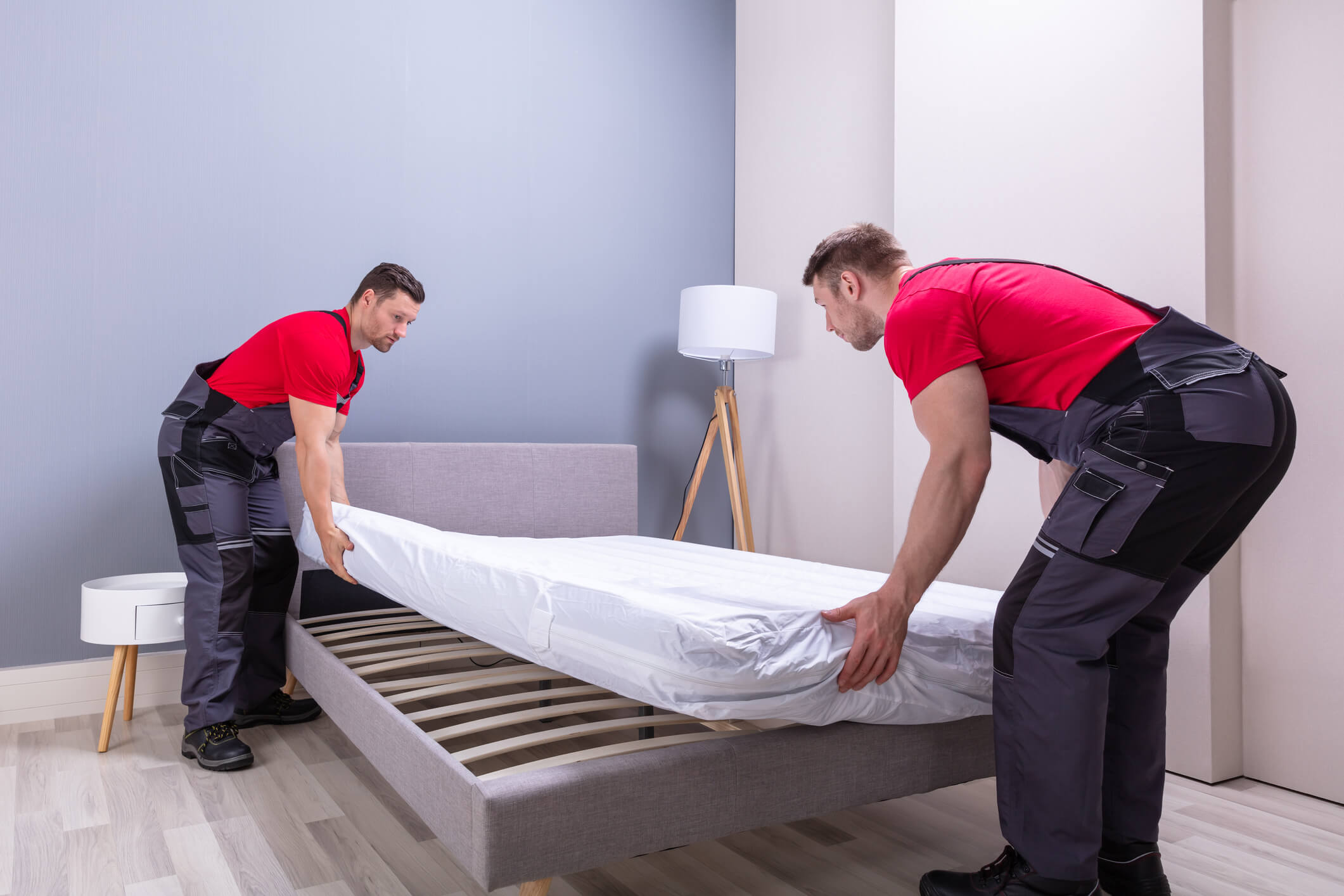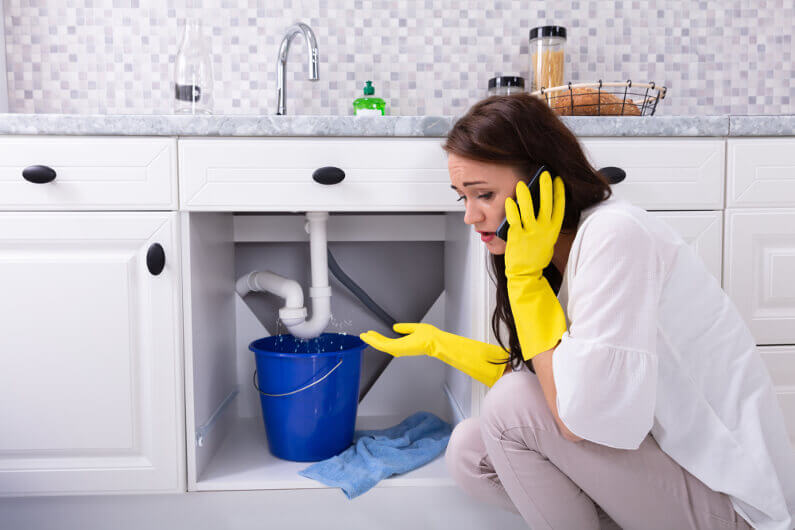A shared space in the kitchen pulls people together. It is the gathering spot for eating, mingling, and strengthening relationships with family members and friends. Plumbing concerns become second nature in a home where the kitchen is the hub of daily life. Here is a rundown of the most typical issues with a kitchen’s plumbing, along with advice for determining the cause of the problem. We will share our knowledge on addressing future issues with your kitchen’s plumbing.
Sinks That Drain Slowly
One of the most typical plumbing issues is a sink draining slowly and sluggishly. That shows that water pressure is not maintaining the desired flow rate.
Why Do Some Sinks Take a Long Time to Drain?
The accumulation of food waste can cause the drainage of a sink to become sluggish. These become lodged in the drainage pipes, which continue to build up.
A single impediment may be the root of the problem regarding slow sink drainage. One example is when a food clump gets stuck in the sink.
A clogged sink could result from a pipe that has burst. That may be because of a slow decline over time, or it may have another cause. Older pipes are more likely to become deformed, losing their round shape, which can cause a collapsed opening to the pipe and a halt in the flow of water.
How Does One Diagnose Sinks That Drain Very Slowly?
There are a few telltale symptoms that your sink may be clogged and causing water to drain slowly:
- Gurgling noise. The gurgling shows that water is trying to travel down the drain but is being obstructed. The obstruction causes air bubbles to form, which are then forced against the water, resulting in a gurgling noise.
- Slow draining. When you take the plug out of a sink, it could take several seconds for the water to drain before it completely empties. That could result from something obstructing the pipes.
- Bad odor. When there are issues with the plumbing in the home, you will notice unpleasant odors. If you smell stale food or eggs that have gone bad, this may show some obstruction in your lines.
Fixing Sinks That Take Too Long to Drain
The use of hydro jets to clean the drain is going to be necessary to remedy your sink’s slow drainage problem. You might even need a plumbing camera inspection. To prevent more issues, you should contact a qualified plumber.
Dripping Faucets
If your faucet is dripping, it could be a sign of a much bigger problem, one that could end up costing you a lot of money.
What Makes Faucets Drip?
A worn-out washer is to blame for your kitchen faucet’s persistent dripping. The constant friction caused by the water moving through the valves under pressure causes wear and tear.
Corrosion on the valve that connects the faucet and spout is another potential source of the issue in your compression unit.
If water is leaking from the region around the base of the faucet, the O-ring seal may be worn out and need replacement.
How to Determine the Cause of Leaking Faucets
You can determine the condition of your kitchen sink’s faucet in two ways, when doing your plumbing inspection:
- The spout. Use a paper towel to dry the sink after each use, then slip it beneath the faucet. You may also use a container in the place of the paper towel if you choose. There will be water inside the container and wetness on the towel if the faucet leaks.
- The base of the faucet. Remove moisture from the base of the faucet and the surrounding area. When you turn the tap on, water should begin seeping up from the faucet’s base.
What to Do About Leaking Fixtures
Repairing a leaking faucet requires a significant amount of disassembling and reassembly, which an average person cannot do successfully. Therefore, seek the help of a licensed plumber.
Price of Installing Plumbing in a Kitchen
Because there is no assurance that you will fix the plumbing in your kitchen by following do-it-yourself recommendations, you will need to work with a certified plumber Toronto. The cost of repairing the plumbing in your kitchen could range anywhere from $145 to $320 on average. If you notice a problem with your sinks or faucets, contact a plumber in your area.











